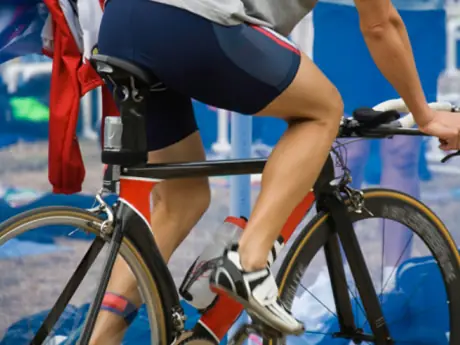
I called Sigma Human Performance founder Benjamin Stone in the middle of a break as he built metabolic fitness schedules for his clients. He was watching one of his favorite movies on TV, the first of Disney's Pirates of the Caribbean films. Stone has seen it countless times and can practically quote it on command. His favorite sequence?
Will Turner: "?In a fair fight, I'd kill you."
Jack Sparrow: "Well then that doesn't give me much incentive to fight fair, does it?"
I can relate. I've tried for years to "fight fair" when it comes to race-day nutrition. That has meant dutifully eating the same steady stream of bars, gels and sports drinks that everyone else seems to be consuming. Some races have been better than others, and over the years I've learned I can sustain my performance while eating less than I thought possible.
Now, Stone and Sigma's registered dietician, Katie Rhodes, are asking me to essentially think like Sparrow and try something a little more?unconventional.
Both Stone and Rhodes swear by pure honey as a natural nutrition source because of its high glucose and fructose count. Stone told me he races endurance events, such as the Leadville 100, consuming nothing but water and honey along with an electrolyte drink filled with potassium and sodium. "Honey is freakin' perfect," Stone says. "It's the most perfect source of energy. It's a lock and key fit for your body. You'll start to feel somewhere between less like a god, but more than man."
Ironman 70.3 Boulder served as the first progress report on my new training and racing nutrition regimen. In the days leading up to the race, I was in the process of shifting my eating habits to include a greater emphasis on non-starchy vegetables, including several I've avoided eating in the past, as well as mono- and poly-unsaturated fats (e.g. avocado, nuts, etc).
When I wasn't turning my office desk into an organic farm storefront, I was gulping down nearly 80 ounces of water a day—and peeing—a lot.
How did my new habits affect me on race day? I achieved a PR at the Ironman 70.3 distance by 25 minutes and miraculously earned my first trip to the Ironman 70.3 World Championships.
I'd say Sigma and I passed our first exam. Granted, the Boulder course is fast, but it's also warm and at 5,430 feet elevation. So I conclude that proper nutrition planning had something to do with the day's success.
Here's a look at what I ate and drank on the course.
Pre-Race
Typically I'll eat a bowl of oatmeal (with honey and nut butter) race morning, roughly one-and-a-half hours before my wave begins. Rhodes suggested I reduce the portion size and eat it an extra half hour early. I also consumed a full bottle of Fluid Performance drink starting two hours before race time. In addition, I ate a Gu Roctane gel approximately 15 minutes prior to the swim—I was a little hungry and it's a race-morning ritual that I wasn't quite ready to ditch.
- 1
- of
- 2




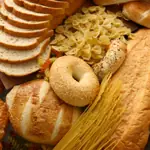
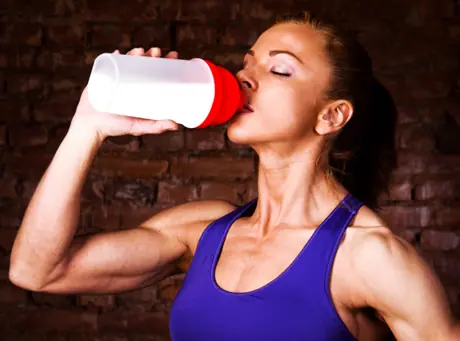
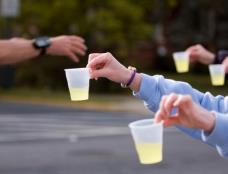
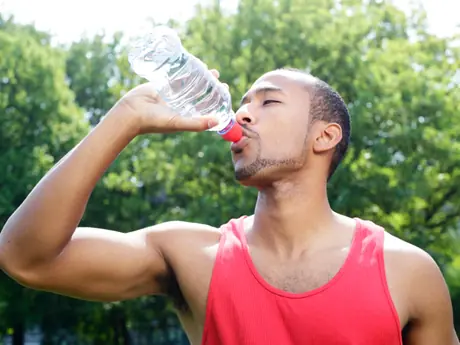
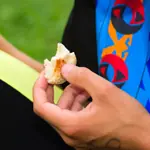
Discuss This Article